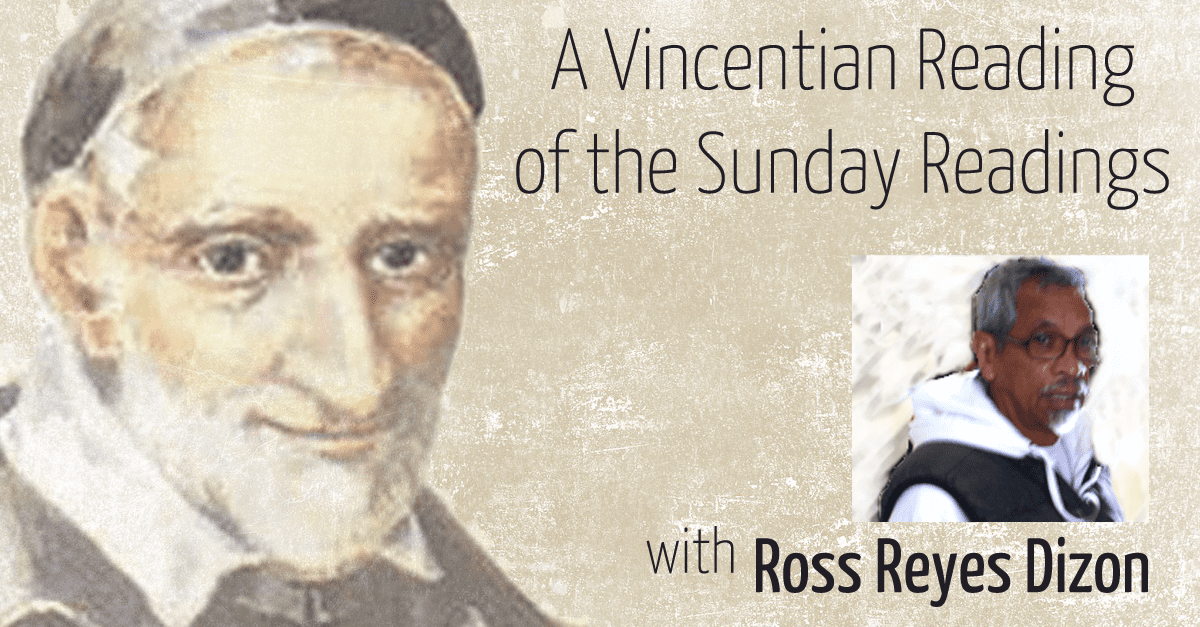We Should Do as Jesus, Our Teacher and Master
The Word is mightier than we. But, becoming flesh, he shares in our weakness, so that, baptized with the Holy Spirit and fire, we may share in his might.
The people who have come to John are beginning to repent, for they ask, “What should we do?” The crowds in general ask the same question, and so do the tax collectors and the soldiers. They make “What should we do?” sound, then, like a refrain of a hymn or a poem.
The Baptizer, however, does not give a general answer. He concretizes instead the meaning of repentance, of preparing the way of the Lord. In effect, he wants each group to bear the fruits of repentance according to the group’s state or situation.
In the first place, then, those who claim to have Abraham as their father receive an important reminder. They must not harden their hearts or close their hands to the needy among them (Dt 15, 7).
In the second place, John answers the tax collectors. This means he does not give up on those whom self-righteous folks avoid and tag as hopeless public sinners. And he tells the collaborators of the hated Romans to collect only taxes that the law requires. No unreasonable service fees, then, or baseless surcharges. They must not let greed get the better of them.
In the third place, Jesus’ Forerunner recognizes that it is possible for soldiers, too, to repent. But they must renounce the evil with which people associate them. That is to say, they should not abuse their position. They are not to intimidate people or accuse them falsely to extort from them money or some other benefit.
“What should we do?” is a question we ask today also.
For us Christians, the simple and general answer is that we should do as Jesus, our Teacher and Master. Less generally, it means keeping the commandment of love of God and neighbor. Through love we stay being we, not I. Of course, love entails, at a minimum, being just to our neighbor.
And to love as Jesus is to love to the end. “With the strength of our arms and the sweat of our brows” (SV.EN XI:32). With brows sweating blood and arms outstretched on the cross.
But one still needs to find answers that are more and more concrete. And that is why we should keep praying, “Lord, if you were in my place, how would you act on this occasion?” (SV.EN XI:314).
Lord Jesus, you invite us to your Supper where we eat your body and drink your blood. Empower us with your Holy Spirit and fire to prepare, in turn, a similar supper for our brothers and sisters.
16 December 2018
Third Sunday of Advent (C)
Zeph 3, 14-18a; Phil 4, 4-7; Lk 3, 10-18







0 Comments